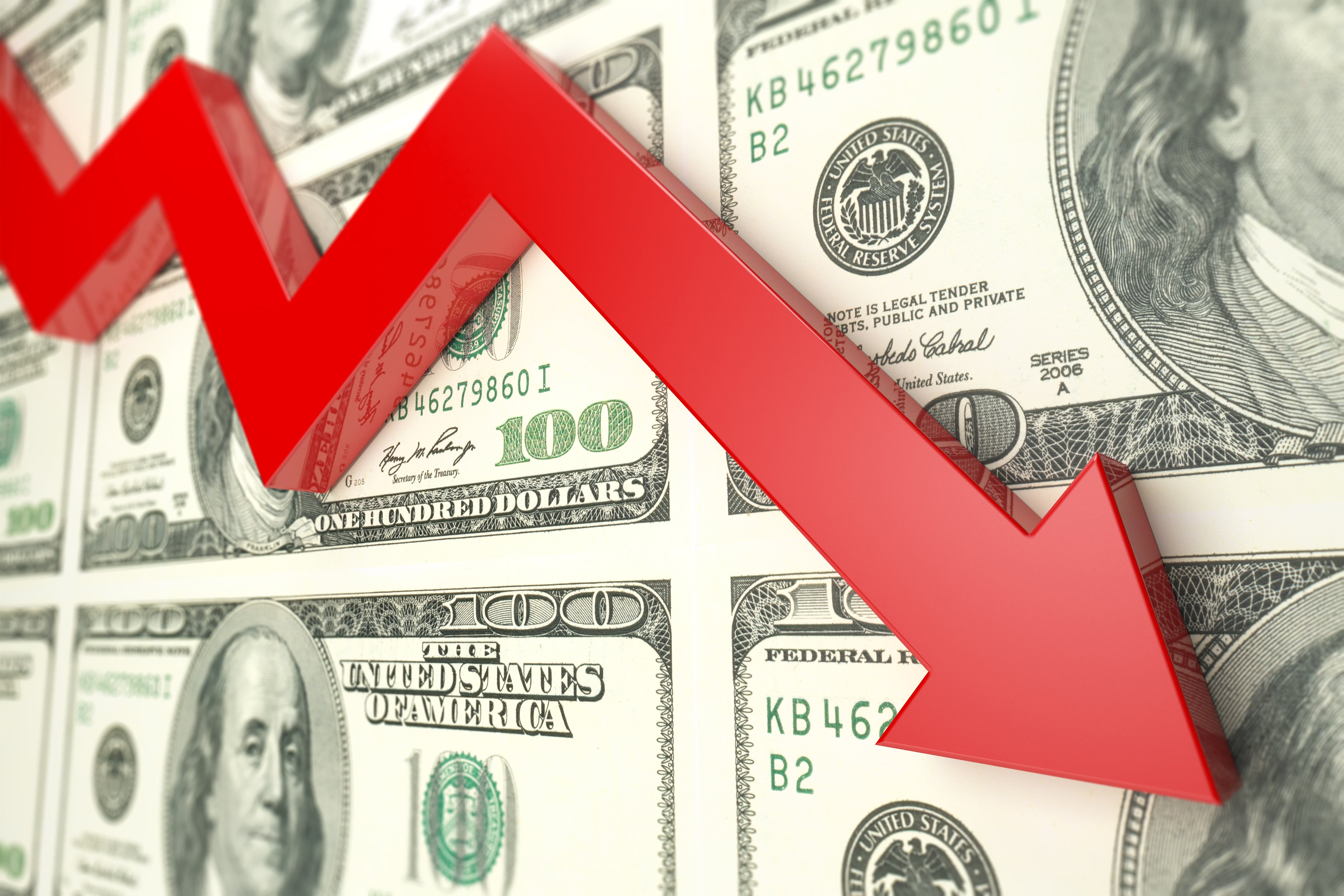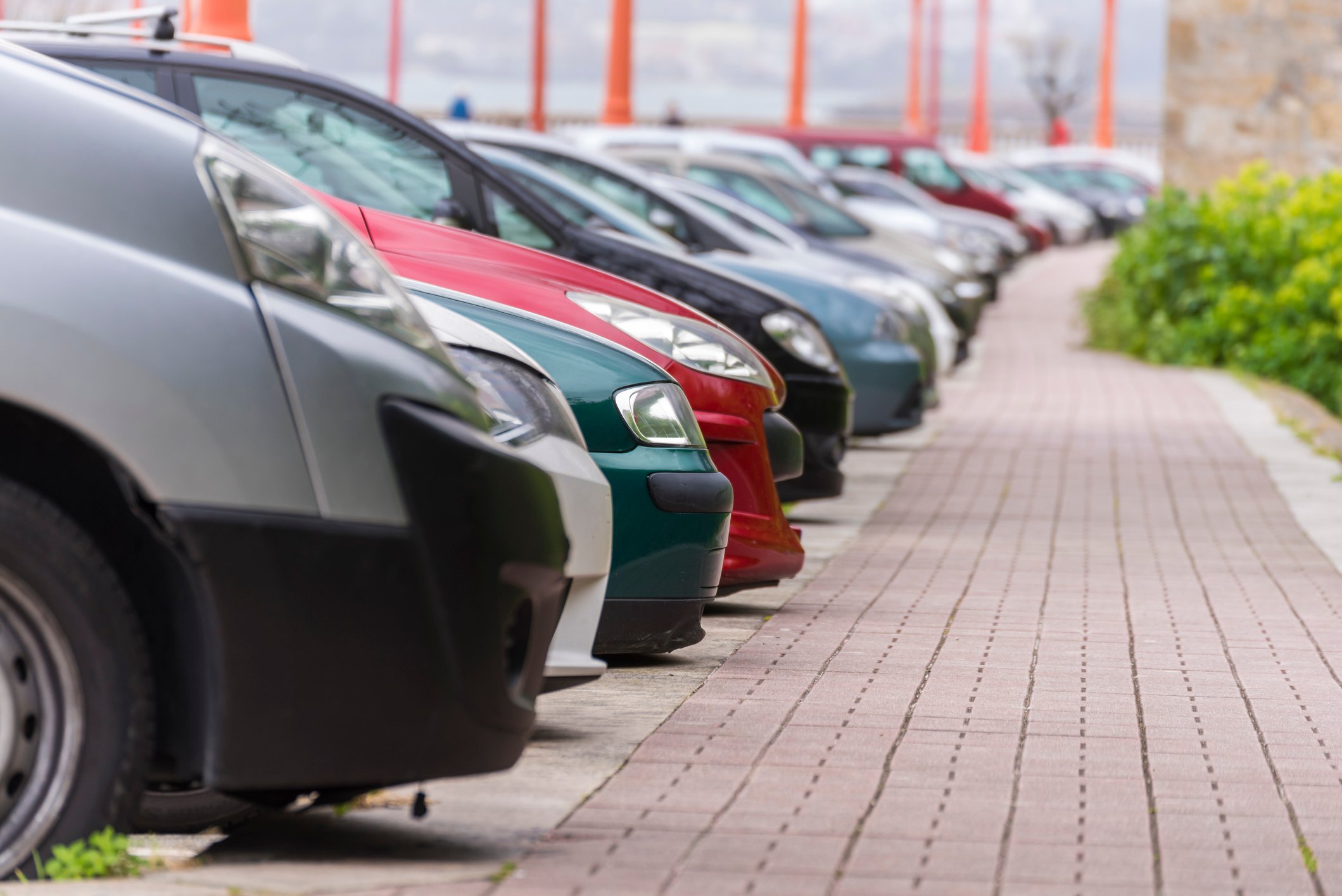On July 18, electric vehicle maker Lucid Motors (LCID 8.24%) announced that it had signed a deal with Uber Technologies (UBER +1.60%) and self-driving developer Nuro. Lucid will supply no fewer than 20,000 Gravity SUVs equipped with Nuro's Level 4 self-driving systems to Uber for use in a new upscale robotaxi service.
Production of the self-driving Gravity is expected to start by the end of 2026, Lucid said. Those 20,000 vehicles (or more) are to be delivered over the following six years.
As part of the deal, Uber agreed to invest $300 million in Lucid. (Uber is also making a significant investment in Nuro, though the specifics haven't been released.)
Lucid's shares soared after the deal was announced. But the rally didn't last long. Where does that leave Lucid investors now?
The Uber deal looks great for Lucid
The deal looks like a good one for Lucid, for three reasons that I can see.
First, selling 20,000 vehicles isn't nothing. Even though it's over six years -- and even though the clock doesn't start running until the first one ships, likely late next year -- 20,000 vehicles is a nice piece of business for a company that delivered just 10,241 vehicles in 2024.
Second, placing the Gravity in Uber's planned luxury robotaxi service could have other benefits.
Lucid's Gravity SUV and Air sedan are excellent electric vehicles, in some ways the best EVs yet built by anyone, with superb batteries and advanced software. The company's challenge has always been getting affluent potential customers to try them. An upscale robotaxi service will give a lot of potential customers their first tastes of Lucid's quality and technology. If it's good, sales are likely to result.

Lucid expects to begin production of the Nuro-equipped self-driving Gravity SUVs for Uber by the end of 2026. Image source: Lucid.
Finally, that $300 million investment will be a welcome addition to Lucid's cash hoard, which totaled $3.6 billion (plus another roughly $1.3 billion in available credit lines) as of the end of the second quarter.

NASDAQ: LCID
Key Data Points
It seems like a good deal for Lucid, no? I certainly can't see anything in this deal to worry about. But Lucid's stock rally didn't last very long.
Why not? I think cash is a key part of that discussion.
The big concern that is holding back the stock
The key investor concern around Lucid always comes down to cash. Like any automaker of any size, Lucid uses a lot of cash -- but it doesn't yet generate enough cash to cover what it spends.
That isn't news, but here's why it has become more of a concern.
Lucid is working on a new range of models one size down from the Air and Gravity. Those "midsize" models, Lucid says, will be less expensive than current Lucids, making the company's technology available to a wider range of potential customers. Lucid expects to have the first of those new models in production by the end of 2026.
The hope is that those new models will sell well enough to carry Lucid to profitability. But developing new models requires cash -- lots of cash. Does Lucid have enough cash to get there?
The answer is "Maybe." Lucid's largest investor by far is Saudi Arabia's sovereign wealth fund, called the Public Investment Fund, or PIF. PIF owns about 60% of Lucid, and it has very deep pockets -- but no investor, no matter how deep their pockets, will throw good money after bad indefinitely.
Is Lucid stock a buy now?
My theory is that PIF will ensure that Lucid is funded at least until production of the new midsize models has scaled up -- say, by the end of 2027. If that theory holds, then Lucid's stock might be a cautious buy at current levels.
If you buy now, the stock is essentially a bet that Lucid's new models will be competitive and that they'll sell well enough to get the company to breakeven. That isn't a terrible bet, but it's far from a sure thing. Scale your investment accordingly.






